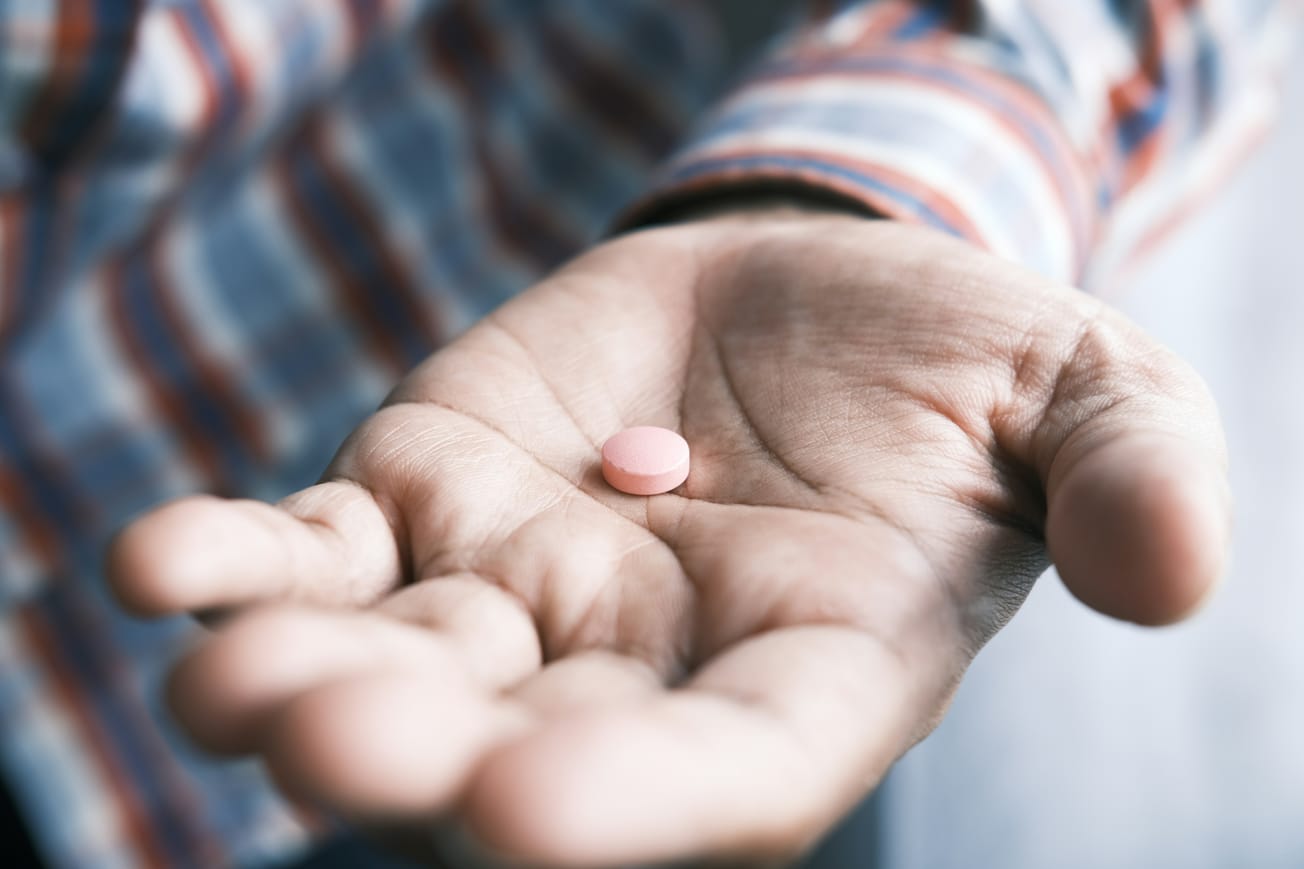By Lila Horne, Second year, Biology
It’s no coincidence that many students lose motivation in winter. Epigram explains how serotonin plays a key role in our day-to-day lives and how it affects our mental health.
It’s December: fairy lights are twinkling; woollen socks have long replaced sandals; and everyone is wondering when it will snow. It’s the most wonderful time of the year, or is it? For many students winter brings on harder challenges than assigning who’s bringing what for the roast dinner. Tiredness, loss of motivation, and feelings of sadness are common symptoms that arise as the temperature drops and the days become shorter. These ‘winter blues’ can affect concentration levels and productivity, which can have longer lasting consequences for students who may be swamped with assignments and exams. Scientists have been looking into why this phenomenon occurs to find solutions to alleviate some or all of the symptoms.
The sun plays a vital role in generating the hormone serotonin, which regulates our happiness levels. Serotonin is a neurotransmitter, a signalling molecule that stimulates a cell from a different part of the brain when released by a neuron. The chemical is formed when tryptophan hydroxylase, an enzyme, and tryptophan, an amino acid used to make proteins, merge together. Our brains are told to produce serotonin when the amacrine neurons in the retina receive a stimulant from the sun, or artificial light. As the days get shorter and sunlight becomes scarcer, serotonin levels can become imbalanced in the body, resulting in depressive moods.
Serotonin is also essential for producing melatonin; the hormone that makes you feel tired and regulates your sleep cycle. The pineal gland, located in the epithalamus of the brain, transforms serotonin into the melatonin hormone. This conversion naturally happens as the day gets darker, preparing you for sleep at night. Melatonin production is also higher in autumn and winter, than spring and summer, which can also contribute to a seasonal reduction in motivation. When melatonin production is disrupted your sleep schedule can become irregular, which can also lead to reduced energy levels.

All of this can lead to seasonal affective disorder (SAD). This is a form of depression that is more or only apparent during winter. SAD is a common condition that affects around 4-6% of the population, with another 10-20% experiencing mild symptoms of it. As students tend to have irregular sleeping patterns from socialising or working late into the night, many of them will miss the key hours of the day that the sun is out. In doing so, they reduce their chances of producing normal serotonin levels, which can result in difficulty focusing, having trouble getting out of bed in the morning (even after sleeping enough hours), and feelings of burnout.
Burnout is a period of exhaustion caused by work-related stress. For students, it is particularly common at this time of year due to assignment deadlines and exams coming up. It is regular in those who blur the lines between work and relaxation times, as the working day never seems to start or end. Onset of burnout has been linked to SAD by experts.
While the best method to prevent serotonin deficiency is to be directly in the sun, vitamin D in the form of tablets or from your diet can also provide some relief as they encourage the production of serotonin. Artificial lights can also trigger the building of the hormone, however at night they can also alter melatonin levels, making it more difficult to establish a sleep routine. It is advised to stop using blue-light technology an hour before bed to prevent this.
If you, or someone you know, is affected by SAD, there are many avenues to reach out for support such as the University’s Student Wellbeing Service or contacting your GP. These can provide guidance on how to best manage any symptoms you may be experiencing and work through them with you.
Featured image: Flickr / Udaios







